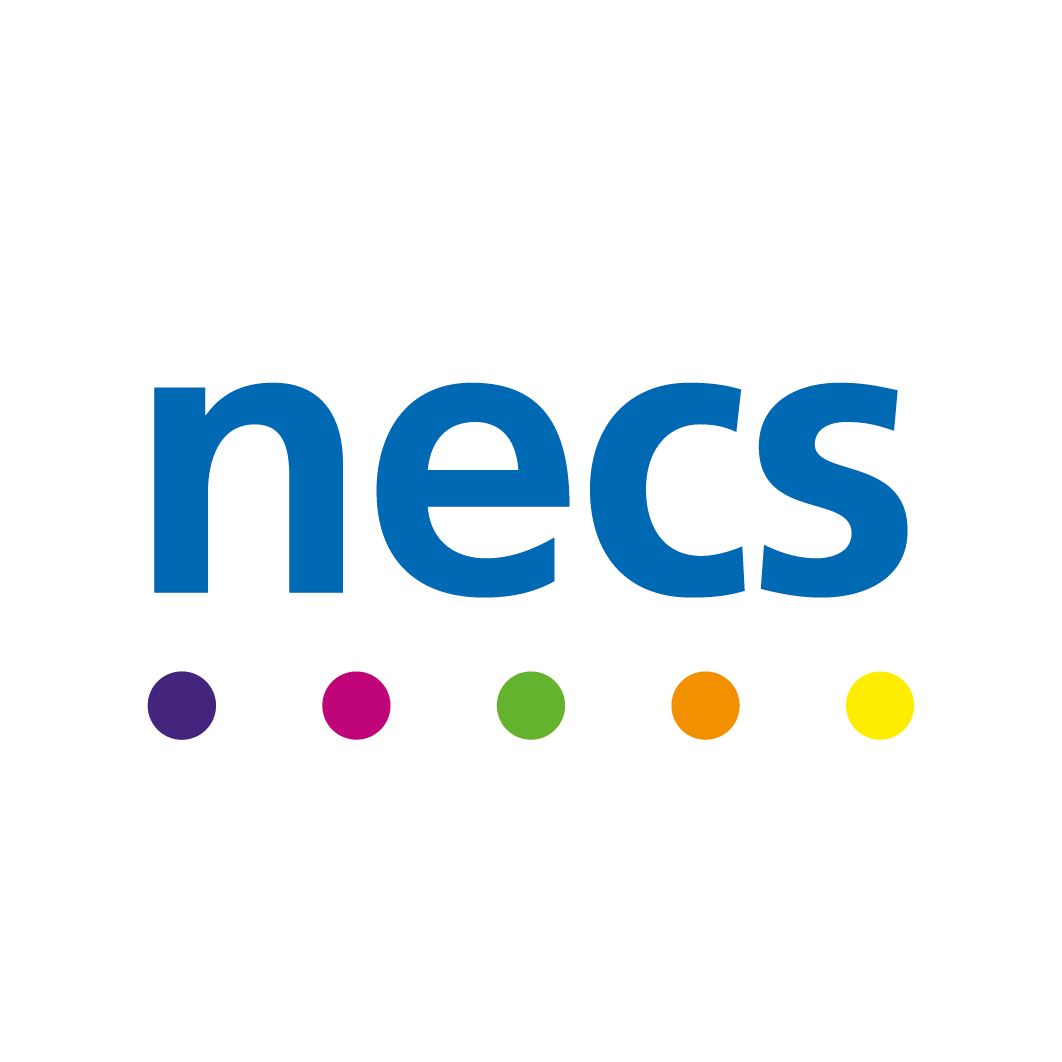Challenge
The NHS Healthcare Travel Costs Scheme (HTCS) provides support for eligible individuals with transport costs when they are referred to hospital or other NHS premises for specialist NHS treatment or diagnostic tests. A review by NHS England in 2021 highlighted there were variable and complex processes for patients claiming travel expenses with delays in reimbursement of up to 90 days.
The NECS Continuous Improvement team were asked, by NHS England, to undertake a Lean review of the HTCS to detail the ‘current state’ and make recommendations for improvement. Specific objectives were to:
- Analyse current issues from stakeholder’s perspective (representatives from the three pathfinder sites and service users).
- Develop a current state process map from the service user initiating reimbursement through the HTCS (start of process) to service user receipt of monies (end of process).
- Evaluate current processes to identify waste, value, and improvement opportunities (including potential automation).
- Identify current ‘good practice’.
- Make recommendations for a simplified, more efficient process.
Tasks
Our Continuous Improvement team worked collaboratively with stakeholders including NHS provider staff, NHSBSA staff, patients, volunteers, Citizens Advice and Local Healthwatch members to map out the current processes, gather related metrics, and to understand patient and staff experience.
Our digital team used the data and intelligence gathered to undertake a digital assessment to identify opportunities for digitisation and Robotic Process Automation.
Following commencement of the work, the UK was affected by a new Covid-19 variant. To ensure success of the project, the team worked flexibly to accommodate national restrictions and to support the customer with the additional pressures they faced.

Outcome
Using Lean tools and adopting a person-centred approach, the team captured variable, cross-cutting processes across multiple provider sites to provide a visual map and help make sense of a complex system. Throughout, the team worked closely with the people involved to bring the process to life as ‘work as done’ and as experienced, both positively and negatively.
All data and information were synthesised to provide recommendations for a simplified process that was more responsive, efficient and equitable, and a range of both ‘quick wins’ and longer term improvements. Specific outputs were:
- A current state multi-layered map representing the complex system comprising multiple, variable processes and routes to travel cost reimbursement. This provided clarity and understanding of current practice so that impactful improvement opportunities could be identified.
- A clear list of actionable recommendations to address the identified common issues and ‘waste’ within the processes, and to build on good practice.
- A future state with four options for improvement to work towards this, allowing customer choice from low cost/low effort options and higher cost/higher effort options that would all have potential for high impact, including a reduction from reimbursement time from 90 days to 30 days or less.
- A range of digital solutions, including Robotic Process Automation to improve efficiency, enable information sharing across the system, standardise processes, reduce fraud, and reduce burden on both staff and patients.
- An ideal state for future ambition, which would negate the need for travel cost reimbursement.
- Clear recommendations for future work to build on the project outputs and support the journey towards implementation of an improved HTCS process.
“A really positive leap forward in understanding of HTCS” – Programme Manager, NHS England
“The proposed developments are clearly articulated”- Programme Director, NHS England
“Really lays bare the issues with a national scheme allowed over time to go “free-style” – Clinical Lead, Devon ICS


